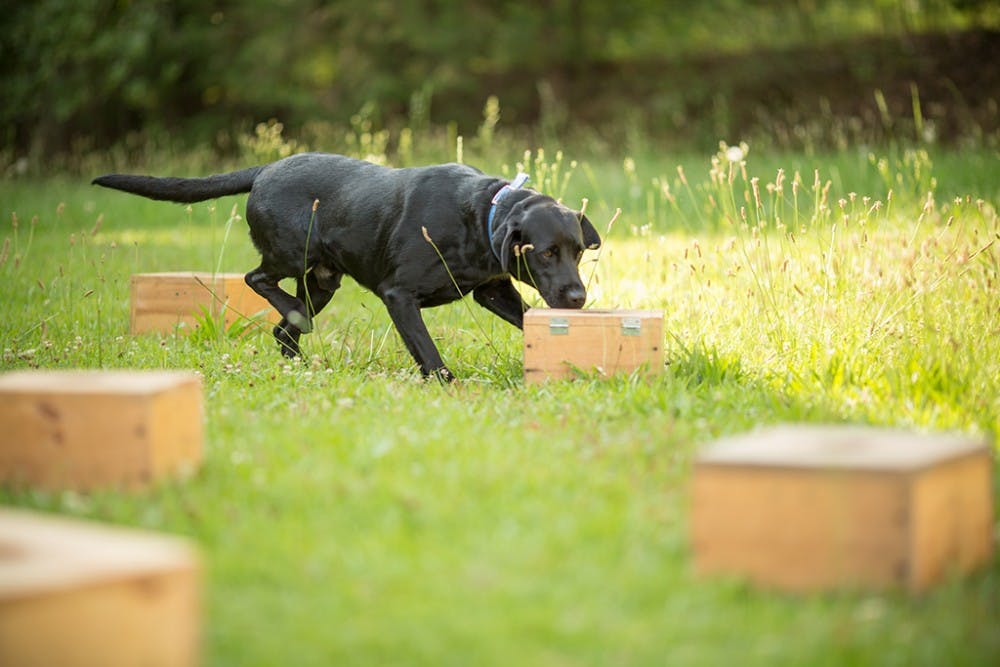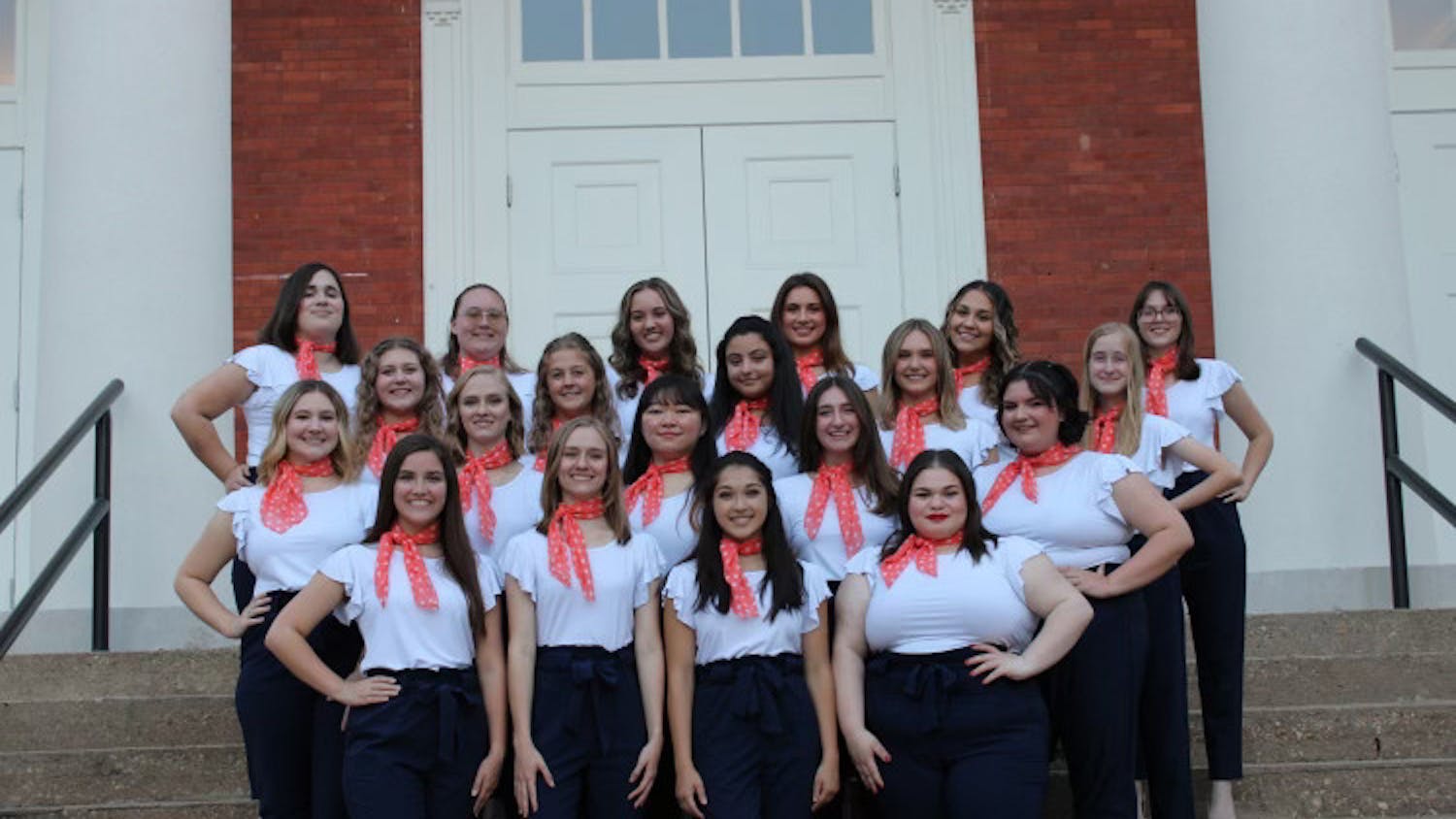Auburn, Ala. -- Auburn University psychology professor, Jeffery Katz, is using psychology to discover which dogs would be the most effective in providing security for the nation's largest venues.
With tragic attacks that cause the nation to focus harder on securing large events and crowds, Auburn has been setting their focus on providing cyber safety, public safety, crisis management and odor detection technology, by using both human experts and some furry friends.
At the College of Veterinary Medicine at Auburn University, there is a program that allows experts to research and train dogs in odor detection. This program is called the Canine Performance Sciences program, also known as CPS. A part of this program is researching which breed of dogs would do the best at the task of odor detection.
The dogs who go through this program go through a lot of intense testing, conditioning and training in hopes of becoming Vapor Wake® dogs. Vapor Wake, also called VW, is a method that has been patented by Auburn. With this method, dogs are trained to detect the odor of person-borne explosives by training dogs to sample several odors of the aerodynamic wakes created by a moving person, also called their vapor trail. This will help dogs track the odor to the source.
The biggest test the dog must surpass in order to be considered a VW dog is by being able to concentrate on finding a certain order in a big crowd. A good site to test a dogs abilities would be at urban venues like public transit, sports stadiums or event arenas.
However, not every dog who goes through this training is able to pass and become certified, which causes a major loss of resources. This is why Auburn is beginning to focus on psychological research with the dogs.
"Oneof the things we're very much interested in is developing an endophenotype, which is basically looking at behavior and looking at the brains in these dogs to see if we can find predictors early on in their training that will tell us who is going to be a premier dog, a successful dog. And, what dog is not going to be," said Katz. "This is helpful in identifying not only the best dogs, but also as a cost-saving measure since training these dogs costs thousands of dollars."
Katz has been doing this work with help from two of his graduate students, Andie Thompkins and Lucia Lazarowski, and from an Auburn electrical engineering professor, Gopi Deshpande. The team has been working to discover which brain patterns dogs may display that can predict whether or not they will be successful in CPS training.
“The dogs lie on their stomachs in the scanner, and while they're remaining still, just like you do with humans, you have a projector screen that sits in the back of the bore, which is the opening where you have your scan done. You're presenting stimuli at certain times, and you're controlling it. The dogs would look at these pictures that we collected and then we'd look to see where the differences were in the brain. We found some really interesting things,” Katz said. “Dogs can tell the difference between familiar and unfamiliar faces, and they do vary in what parts of the brain respond to the emotional content."
Working with the CPS program, the team of researches have assessed 146 dogs from the VW program. All 146 dogs received the same exact puppy development and odor training. They also all received evaluations of their progress at the ages of 3, 6 and 12 months old. This study showed that at 10 months old, the Vapor Wake® dogs show better levels of "Hunt, Focus, Possession, Independence and Work Effort” than the dogs who are not able to get certified by the VW program.







